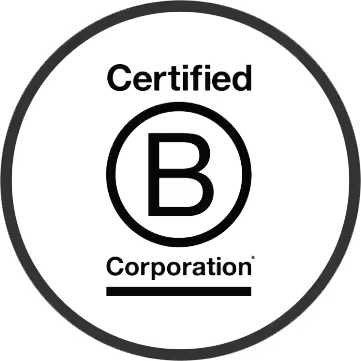Evaluation
The process of evaluating apprentices throughout their program. Apprenticeship evaluation typically includes feedback from the apprentice's mentor, supervisor, and other stakeholders.
Evaluation
What is an evaluation?
The process of evaluating apprentices throughout their program. Apprenticeship evaluation typically includes feedback from the apprentice's mentor, supervisor, and other stakeholders. Throughout an apprenticeship, evaluations may be conducted by employers, training providers, sponsors, mentors, and government agencies.
Why are regular evaluations important?
Evaluations can be a valuable tool for improving apprenticeship programs. By gathering information about the effectiveness of an apprenticeship program, stakeholders can identify areas where the program can be improved and make recommendations for future apprenticeship programs.
Evalutions:
- ensure that apprenticeship programs are meeting the needs of apprentices, employers, and other stakeholders.
- identify areas where apprenticeship programs can be improved.
- make apprenticeship programs more efficient and effective.
- build support for apprenticeship programs among policymakers and the general public.
How are apprentices evaluated?
Apprentices can be evaluated collectively through surveys. When evaluated individually, apprentices are observed or tested on OTJ (on-the-job) performance, technical skills, communication skills, problem solving skills, and more. However, the exact evaluation methods and standards can vary by industry and from apprenticeship program to apprenticeship program.
Related:
Want to learn more about conducting competency evaluations? Check out our article.
Alternate:
Want to learn more about apprenticeships? Check out our blog.










